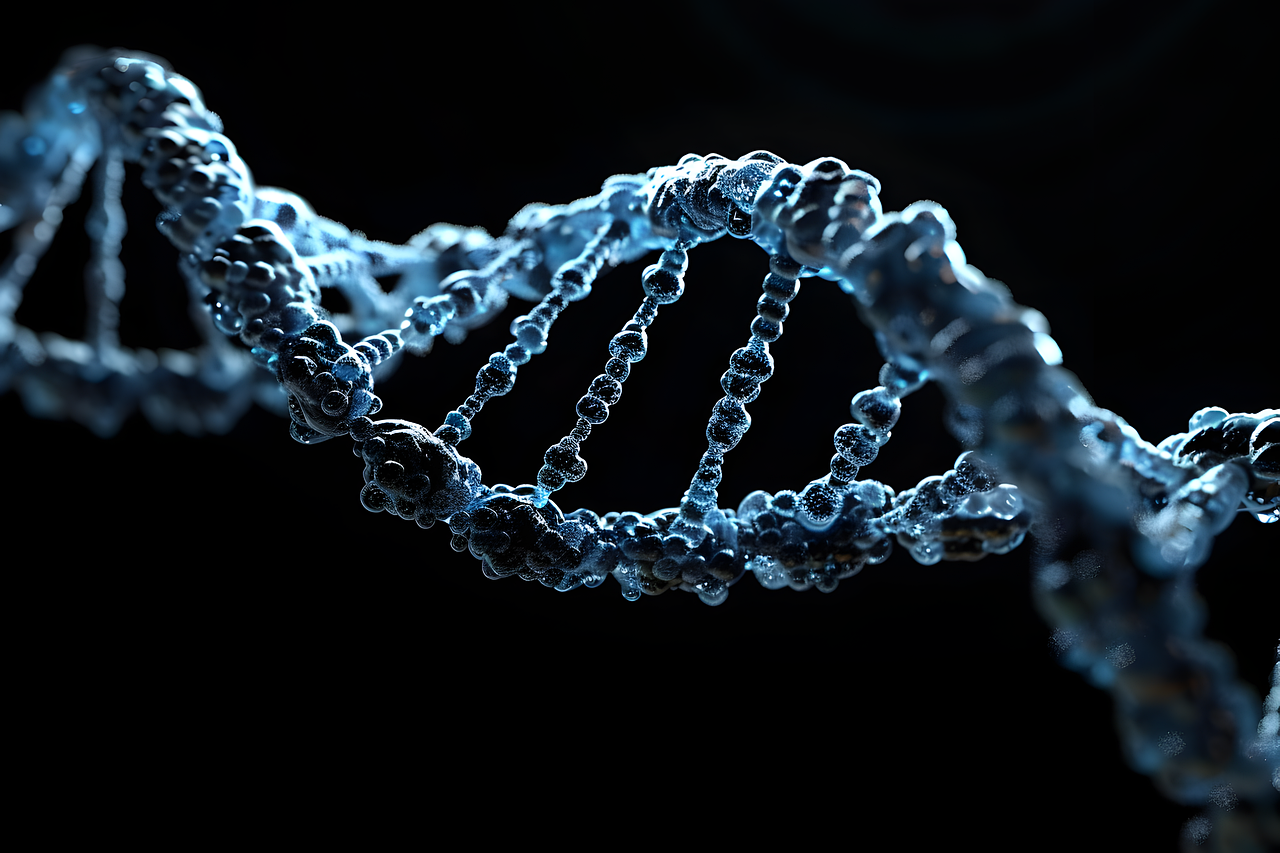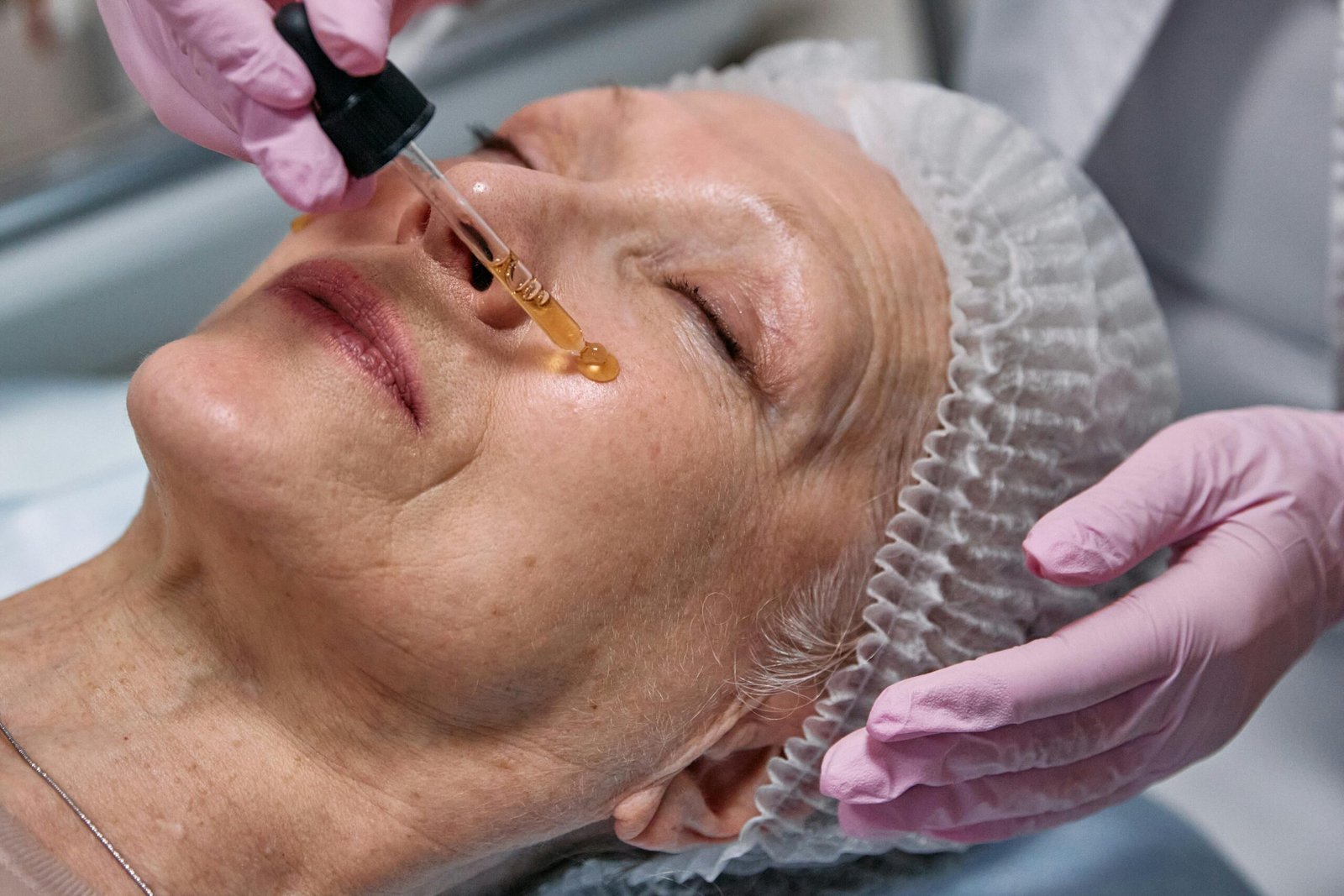Gene Editing and the Promise of Eternal Youth

Advancements in gene editing have opened new doors in the fight against aging. Scientists have successfully altered human DNA to slow down or even reverse the aging process in laboratory settings. Using CRISPR and other genetic tools, researchers have managed to extend the lifespan of test subjects by targeting specific genes linked to cellular degeneration. This breakthrough has fueled hopes of extending human longevity beyond natural limits.
However, the implications of genetic modifications on aging remain uncertain. While initial experiments show promise, the long-term effects of tampering with DNA are still unknown. Ethical concerns are also growing as society grapples with the possibility of creating a genetic divide between those who can afford anti-aging treatments and those who cannot. The pursuit of eternal youth may come at a cost greater than anticipated.
The Role of Telomeres in Aging Reversal
Telomeres, the protective caps at the ends of chromosomes, play a crucial role in cellular aging. Every time a cell divides, these telomeres shorten, leading to aging and eventual cell death. Scientists have discovered ways to lengthen telomeres, effectively rewinding the biological clock and restoring youthful cellular function. This advancement has sparked excitement in the medical community, as it could potentially prevent age-related diseases such as Alzheimer’s and heart disease.
Despite its promise, telomere extension comes with risks. Uncontrolled cell growth is a major concern, as it increases the likelihood of cancer development. Additionally, telomere therapies are still in experimental stages, making them highly unpredictable. If not carefully regulated, efforts to extend life could inadvertently create new health crises rather than eliminate aging altogether.
CRISPR’s Potential to Eliminate Age-Related Diseases
Gene-editing technologies like CRISPR are revolutionizing how scientists approach age-related diseases. By precisely altering genes associated with conditions such as arthritis, diabetes, and neurodegenerative disorders, researchers hope to eliminate these illnesses at their genetic roots. Some early trials have shown promising results, with genetically modified cells exhibiting resistance to disease and improved overall health.
However, modifying the human genome raises ethical and biological concerns. Mistakes in gene editing could lead to unintended consequences, including mutations that may create new health risks. Additionally, permanent genetic changes passed down to future generations could have unpredictable effects on human evolution. The excitement surrounding CRISPR’s potential must be tempered with caution to avoid irreversible mistakes.
The Social Divide of DNA-Based Anti-Aging Treatments
As gene editing technologies advance, a growing concern is the accessibility of these treatments. If anti-aging therapies become available only to the wealthy, society could face an even greater divide between the privileged and the less fortunate. The possibility of a world where only the elite can afford to slow down aging raises ethical questions about fairness and equality.
Beyond economic disparity, cultural and religious beliefs also influence opinions on genetic modifications. Some argue that tampering with human DNA interferes with natural life cycles, while others believe it could lead to unforeseen social consequences. Addressing these concerns will be critical in determining how society integrates DNA-based anti-aging technologies.
The Risk of Genetic Instability
One of the biggest concerns with editing human DNA to erase aging is the risk of genetic instability. Human genes function in complex networks, and altering one aspect of the genome could disrupt other biological processes. Unexpected mutations or genetic defects could arise, leading to unforeseen health issues that may not appear until years later.
Additionally, the potential for unintended side effects extends beyond individual health risks. If anti-aging gene edits become widespread, they could impact population dynamics, increasing strain on global resources. While the idea of eliminating aging is enticing, the broader consequences of genetic modifications must be carefully considered before widespread implementation.
The Ethical Debate on Human Lifespan Expansion
The concept of extending human lifespan through genetic engineering raises significant ethical dilemmas. Some argue that nature has set biological limits for a reason, and extending life beyond these limits could have unpredictable effects on the human experience. Others worry that a dramatically increased lifespan could disrupt social structures, leading to overpopulation and resource shortages.
On the other hand, proponents of lifespan expansion believe it could revolutionize society, allowing humans to contribute longer to scientific, economic, and cultural advancements. They argue that extending healthy years of life would enhance productivity and reduce the burden of age-related diseases. The debate over whether humans should extend their lifespan through gene editing remains one of the most polarizing discussions in bioethics.
The Possibility of Anti-Aging Vaccines

Beyond gene editing, scientists are exploring the potential for anti-aging vaccines that could prevent cellular decline. Some experimental treatments target proteins and cellular pathways associated with aging, effectively slowing down the aging process without directly altering DNA. These therapies offer an alternative to gene editing, potentially providing widespread benefits without the risks of genetic modification.
However, the development of anti-aging vaccines is still in its infancy, with many hurdles to overcome. The long-term effects of such treatments are unknown, and questions about affordability and accessibility remain unanswered. If successful, anti-aging vaccines could democratize longevity, making it available to a larger population without the ethical concerns surrounding genetic alterations.
The Fear of Unintended Genetic Consequences

While the science of reversing aging is advancing rapidly, the fear of unintended genetic consequences looms large. Genetic modifications that initially appear beneficial could have unforeseen side effects that manifest decades later. Some experts worry that altering the human genome could create genetic vulnerabilities that are difficult to detect in early testing phases.
Additionally, gene-editing tools like CRISPR are not foolproof, and even minor errors in DNA modification could have significant consequences. If aging-related gene edits were to cause widespread health complications, society could face a bioethical crisis unlike any seen before. The need for cautious and responsible scientific advancements is more critical than ever as humanity explores the boundaries of life extension.
The Psychological Impact of Extended Lifespan
While most discussions around genetic anti-aging focus on physical health, the psychological effects of an extended lifespan remain largely unexplored. Living significantly longer could alter human motivation, career paths, and interpersonal relationships in unpredictable ways. Individuals may struggle with the idea of continuously adapting to a rapidly changing world, leading to new mental health challenges.
Additionally, the social meaning of life events—such as retirement, family planning, and generational shifts—could drastically change. If people routinely live past 150, traditional life milestones may lose significance, altering societal norms in ways that are difficult to predict. The psychological aspect of longevity must be carefully considered alongside genetic breakthroughs.
The Economic Implications of Anti-Aging Technologies
The development and potential widespread use of anti-aging technologies raise profound economic questions. If gene editing can slow down or even reverse aging, it could lead to a massive demographic shift. The aging population might be healthier for much longer, which could change retirement age policies, healthcare costs, and pension systems globally.
However, this might also lead to economic disparities, as such advanced treatments could be prohibitively expensive. Those who cannot afford them might face a lifetime of health struggles, potentially deepening social inequality. Additionally, if society’s focus shifts towards maintaining youth indefinitely, it could alter employment dynamics, potentially displacing younger generations from certain career opportunities.
The Challenge of Regulating Anti-Aging Gene Editing
One of the greatest hurdles in advancing gene editing for anti-aging purposes is establishing proper regulation. The current lack of clear guidelines on gene editing complicates efforts to ensure safe and responsible practices. In many countries, gene editing for humans is either highly regulated or banned outright. However, if anti-aging treatments become widely available, regulatory bodies will need to catch up quickly to prevent harmful experimentation or misuse.
International cooperation will also be necessary to ensure that advancements in gene editing are used ethically. Different nations have varying standards and concerns regarding genetic modifications, and a lack of uniformity could result in a “genetic arms race.” This highlights the need for a global framework to govern the ethical use of gene editing technologies, especially in the context of human aging.
The Long-Term Consequences of Immortality
The pursuit of immortality through genetic engineering presents unique existential dilemmas. If aging could be reversed, humanity could be faced with the moral and philosophical questions around what it truly means to live a fulfilling life. Would an immortal life still carry meaning, or would it become a monotonous existence, drained of purpose?
Moreover, the effects on cultural heritage and human innovation could be significant. If people live indefinitely, there may be fewer opportunities for new generations to make their mark on society. As older generations cling to power and influence, it could stifle progress and the natural evolution of ideas and values. The quest for immortality, while scientifically alluring, may not be as attractive when considering these deeper societal and personal implications.
